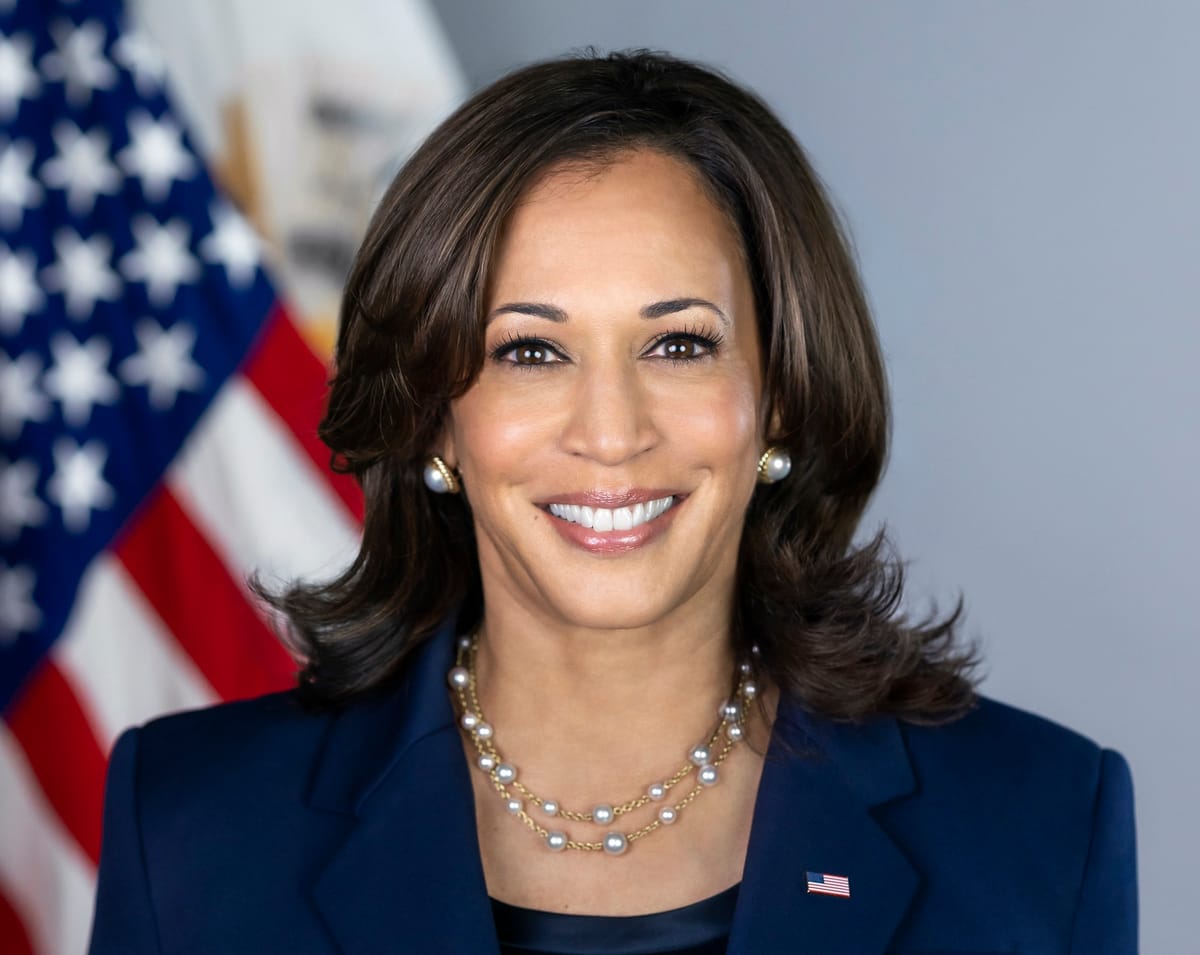American Women and Guns: The Intersection of Empowerment, Violence, and Politics in the 2024 USA Election

By Emmeline Muschner
The relationship between women and firearms in American society is complex, wrapped in layers of cultural symbolism, political debate, and personal empowerment. In 2024, Vice President Kamala Harris became an unexpected focus point of this debate when an interview surfaced saying she owns a Glock pistol. The interview quickly went viral, sparking discussion. The symbolism of a woman, especially one in political power, embracing a gun posed provocative questions about female empowerment, the intersection of gender and violence, and how American culture views women wielding such power.
While the 2024 presidential election ultimately saw Kamala Harris lose the race, the impact of her gun—and how it was viewed—seemed to play an important role in shaping both her campaign’s fortunes and broader national discussions on the nature of power, masculinity, and the role of women in a culture of violence.
In the weeks leading up to the election, Harris's decision to tell the public about her owning a Glock was interpreted by some as a calculated political move, positioning herself as tough and ready to protect the nation against the increasing threats of terrorism and gun violence. The interview was designed to underscore her stance on defending the rights of American citizens, particularly women, in a world where personal safety and security are constant concerns.
The gun was, for Harris, not just a tool of protection but a symbol of strength and agency.
However, in a culture that has long associated firearms with masculinity, Harris’s embrace of the Glock also raised uncomfortable questions.
Can a woman with a gun be seen as empowered, or is it a sign of toxic masculinity’s growing influence over political discourse?
Would her gun ownership alienate voters who viewed women’s empowerment through a lens of non-violence and diplomacy?
Despite her attempt to frame her gun ownership as one of empowerment, Harris’s campaign struggled to resonate with a substantial portion of the electorate, particularly conservative and rural voters who feared the encroachment of progressive values and who viewed her gun ownership as a threat to traditional gender roles. For many, Harris’s decision to publicly embrace a weapon was seen as an endorsement of violence, which conflicted with the image of a woman in power.
In the election, Kamala Harris's loss was not just about her stance on guns or her policy record; it was about the cultural tension that her image as a woman with a gun brought to the forefront. Many voters, especially from more conservative communities, seemed uncomfortable with the idea of a woman wielding power in such a direct and potentially violent way.
The gun, an emblem of power in American culture, represented something unsettling when held by a woman.
The idea of a woman owning a gun, particularly one in a position of power, taps directly into the insecurities of toxic masculinity, a deeply ingrained aspect of American culture that equates power, protection, and authority with male identity. For many men, particularly those who conform to traditional gender roles, the concept of a woman with a weapon challenges not just their perception of gender norms, but also their sense of dominance and control.
Harris' gun ownership signified a shift in the power dynamic.
Here was a woman, unapologetic in her authority, willing to defend herself and others with the same tools that have long symbolized male strength.
To some, this was an existential threat. For men who define their masculinity by physical dominance, the notion that a woman could be armed and wielding power on her own terms felt like an attack on their identity.
The backlash to this interview was swift and harsh, with critics accusing Harris of trying to “out-macho” the men who have long dominated American politics and culture. To many, the symbolism of the gun reinforced the idea that women, in order to be taken seriously, must adopt traditionally masculine behaviors or tools—an unsettling thought for those who had worked so hard to carve out a space for women in politics without resorting to such symbols of violence.
Harris’s gun ownership, in some ways, mirrors the broader cultural conversation about women in positions of power and their relationship to violence.
While owning a gun can undeniably provide a sense of security and autonomy, it also carries an undeniable association with male violence—something that becomes complicated when we consider that many women in America are also victims of gun violence.
There is an ongoing discussion about whether the right to own a firearm can be framed as an empowering choice for women or whether it is merely a response to living in a violent society that encourages more violence as the solution. For some women, owning a gun is empowering—it can offer protection from domestic abuse, increase self-confidence, and provide a sense of control in a world that often seems to offer little safety. For others, however, the gun becomes a symbol of the very violence they are trying to escape.
In this sense, Harris’s gun—like the guns that so often dominate American political discourse—was not simply a tool but a symbol, one that embodied both empowerment and peril. The reality of women’s relationship to firearms in a culture that glorifies violence is fraught with contradictions.
In the end, Harris 2024 loss reflects the uneasy tension between cultural progress and deep-rooted anxieties about gender roles, violence, and power. Her use of a gun symbolized both the strength of women who are taking control of their own destinies and the fears of those threatened by such a shift in the traditional balance of power. Whether or not the gun was a factor in her defeat or if it brought some voters to her side, it undeniably highlighted the complexities of American politics—where empowerment, violence, and gender intersect in ways that continue to shape our collective consciousness.

